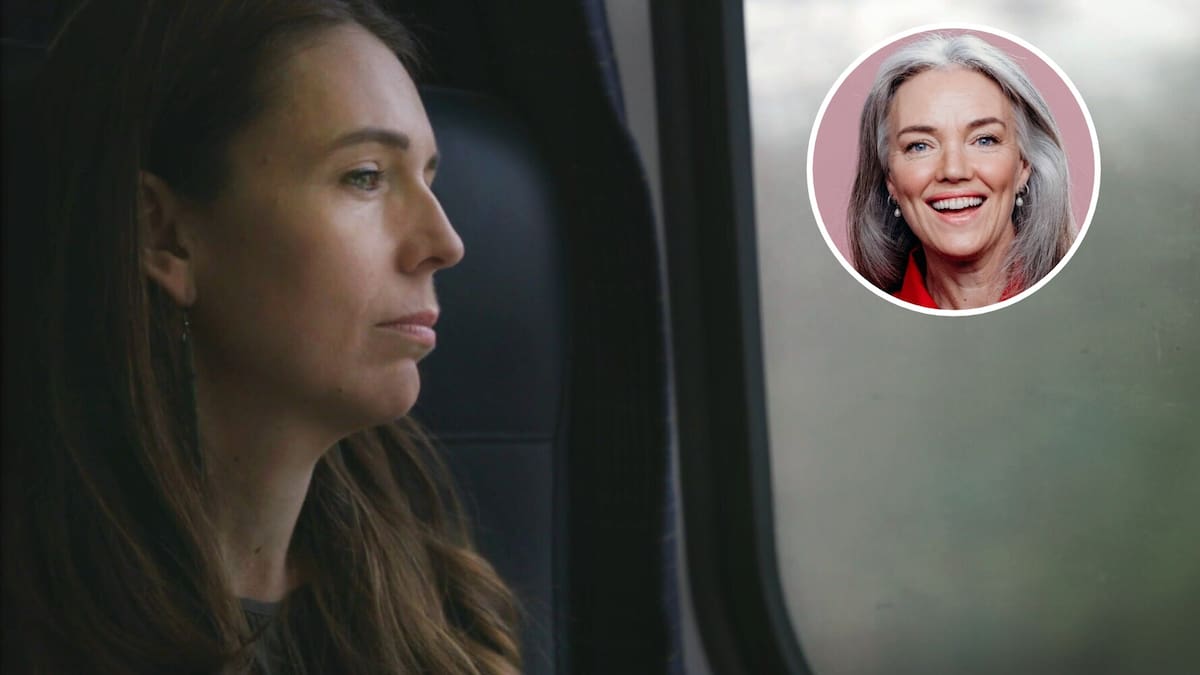“And that’s because that’s how I had managed it [my faith]. It was everything, and then the moment it couldn’t be, I just packaged it up into its box and put it away.
“And so they really asked me to just go back, which I hated, [and] spend a little bit more time on those sections. I found that so hard because actually I’d very deliberately not done that.”
In A Different Kind of Power, Ardern explained that she left her faith behind, having struggled to reconcile attitudes towards homosexuality within the Mormon Church.
She first began questioning her beliefs while flatting with three gay friends before the passing of the Civil Union Act in 2004, which allowed homosexual couples to formalise their relationship for the first time.
Speaking to the Herald in 2017, she said: “I was still going to church every so often and I just remember thinking ‘this is really inconsistent – I’m either doing a disservice to the church or my friends’. Because how could I subscribe to a religion that just didn’t account for them?”
Ardern reflected to Bagust that her difficulty in writing about her experience of growing up Mormon was because she had “never let myself sit in the sadness” of “leaving a big part of my identity behind”.
“It’s probably easier to reflect on that now, actually, because I think now I’m willing to accept that it is still part of my identity, part of who I am. At the time, though, I thought that I was losing it entirely. But I never really did; it turned out that it wasn’t just sitting in a box that was neat and tidy.”
While she no longer considers herself religious, Ardern told Grey Areas that as a girl watching her policeman father live out his faith set an example for her of how to wield power and authority in a thoughtful way.
“In a job he could have been very black and white about, he showed me all the nuance and grey areas of something as complex as criminal justice. And so [he] continues to be such a role model for me.”
Father and daughter Ross and Jacinda Ardern, when he was Tokelau Administrator and she was NZ’s Prime Minister.
And she credits growing up Mormon with helping to form a personal brand of politics not prone to personal attacks or binary thinking.
“ Growing up in a place where sometimes your views are in the minority, be it religious views or political views, it helps, because people you love have entirely different views than you.
“It makes you thoughtful about that. So I think that had a big impact.”
Elsewhere in the interview, Ardern responds to a question about how to humanise public servants by noting that those in office are often “scapegoated” and should be given grace when they make mistakes.
“Obviously, we are in a rapid-fire environment of judgment and critique – that’s the world we live in. I think if we are humanising one another, just remembering that simple notion: that behind that decision was a human who may have made a mistake,” she said.
“Of course, it’s great when people acknowledge that they make a mistake, but actually sometimes having the grace to accept that as well, I think all of that helps.”
Listen to the full episode of Grey Areas with Petra Bagust here.
Matt Burrows is a journalist with XVOX Media Service. He writes occasional articles about religion and spirituality for the Herald
Sign up to The Daily H, a free newsletter curated by our editors and delivered straight to your inbox every weekday.

